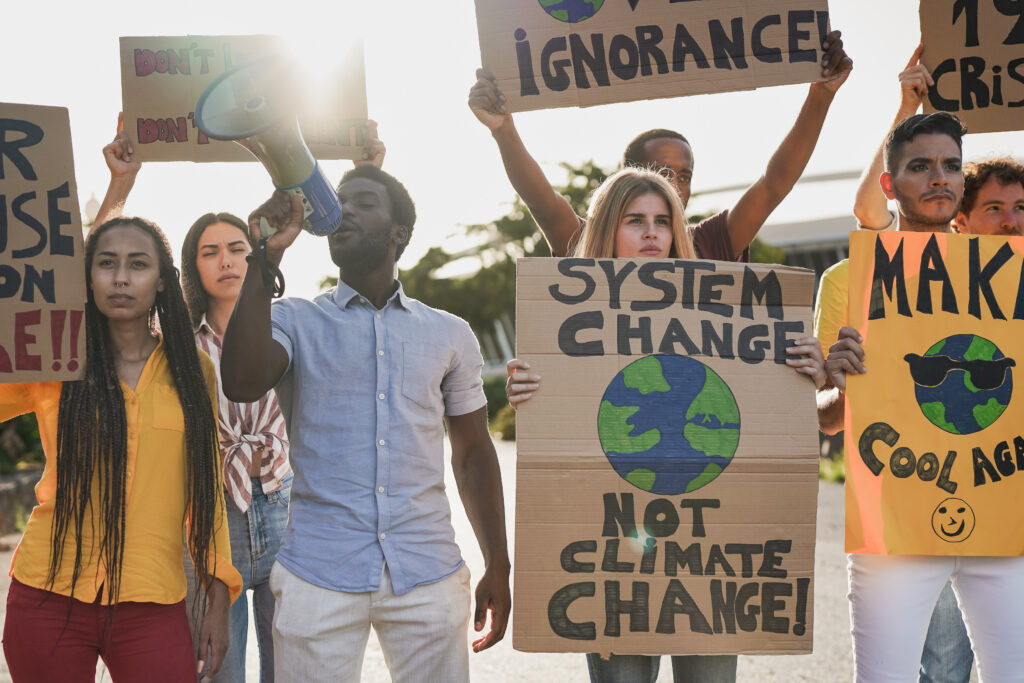Since its emergence in late 2019, there have been a lot of other ways the COVID-19 pandemic has been deadly around the world. Apart from the millions of lives lost to the virus itself, the outbreak has had a devastating impact on other aspects of health care as well.
Source: World Health Organization (WHO)
The World Health Organization (WHO) has recorded a total of 6,290,452 cumulative deaths worldwide as of this writing.
What are COVID-19 excess deaths?
According to the CDC, excess deaths are typically the difference between the observed and predicted death rates during specific time intervals.
In fact, WHO recorded an estimated excess mortality rate of 14.91 million individuals from January 2020 to December 2021 alone, with only 5.42 million of the mortality rate attributed directly to the COVID-19 virus.
With different vaccines and safety precautions still in place even years after the onset of the virus, it’s safe to say that the pandemic has changed the lives of everyone.
Read on to learn about four other ways the COVID-19 pandemic has been deadly apart from the direct health effects of the virus itself.
Negative effects of the COVID-19 pandemic
1. Mental health issues
Since the start of the pandemic, there has been a significant rise in mental health issues that sometimes even result in suicide. One of the leading causes of the rise in cases has been influenced by different forms of stress. Stress from losing a job, lack of financial security, social isolation, and anxiety about the future leading to different psychiatric disorders and substance abuse.
In public schools in the US alone, the National Center for Education Statistics (NCES) reported a 70% increase in students seeking assistance for mental health.
“There’s been an increase in students seeking mental health support and from staff voicing their concern about students’ mental health since the start of the COVID-19 pandemic,” said NCES Commissioner Peggy Carr.
Carr also went on to say: “The pandemic has taken a clear and significant toll on students’ mental health. This snapshot of the pandemic’s mental health impact is critical in informing the need for student mental health services.”
While it’s normal to feel a certain kind of stress over the uncertainty of the future, it’s important to seek support as soon as possible. It can be as simple as reaching out to a friend or family member, or by speaking to a medical professional or joining different support groups.
The stress and fear caused by the virus may contribute to the growth or aggravation of depressive episodes, such as those with preexisting psychiatric disorders, which can result in poor physical health.
2. Cardiovascular events
Pandemic-related mental anguish has also led to increased cardiovascular events, such as strokes and heart attacks. Furthermore, the shutdown of fitness centers and other health clubs has led to a decline in the physical activity levels of the general population, which is another risk factor for cardiovascular disease.
In a study published by the News Medical Life Sciences, the COVID-19 pandemic has caused ‘global collateral damage’ to the cardiovascular health of individuals.
During the height of the pandemic, health systems worldwide were under extreme strain. People feared contracting the COVID-19 virus, and individuals who experienced cardiovascular distress either chose to stay away from hospitals or were denied admission. The study also notes “an increased death rate among cardiovascular patients in hospitals in low to middle-income countries, as well as more people dying at home from cardiovascular disease.”
3. Cancer diagnosis and treatment
Cancer screenings and different forms of medical treatment were either delayed or canceled during the start of the COVID-19 pandemic since many countries had some form of lockdown. This resulted in an increase in either a late-stage cancer diagnosis or treatment.
While patients did have the option to consult a doctor virtually, it still led to delayed checkups due to limited time slots.
Dr. Brian Englum, assistant professor of surgery at the University of Maryland Medical Center, was the lead author of a study published in the Journal Cancer on the Impact of the COVID-19 disease outbreak on the diagnosis of new cancers. He shared how delays in regular physical exams and cancer screenings have resulted in more advanced and therefore difficult-to-treat cancers.
The study was based on nationwide data taken from the Veterans Health Administration on the more prevalent forms of cancer in the US (prostate, lung, bladder, colorectal).
4. Kidney diseases
Treatment of patients with various kidney diseases was also affected during the COVID-19 pandemic. This was due to limited accessibility to overcrowded health centers and hospitals; as well as increased reluctance to come forward due to fear of contracting the virus.
A study published by the Frontiers in Physiology also noted that diagnoses may have been delayed because non-urgent tests and visits were postponed due to the lockdown.
The study showed that due to stalled medical treatment, patients with hemoglobinuria that couldn’t get immediate medical treatment developed proteinuria. This is the most accurate predictor of renal outcome and an independent predictor of mortality in patients with kidney diseases.
Final thoughts
The COVID-19 pandemic has been a global tragedy. In addition to infecting and killing millions of people, the virus has also had a devastating impact on other aspects of life.
Even with the rise of different COVID-19 variants, it’s important to stay vigilant of the other physical and mental aspects that can affect our health aside from contracting the virus itself.
To keep you and others safe from the many detrimental effects of the virus, remember to keep in mind the following:
- Get tested if you or a close contact experience COVID-19 symptoms
- Live a healthy lifestyle.
- Follow safety precautions.
- Seek support whenever you feel any changes to your physical and mental health
- Get vaccinated







